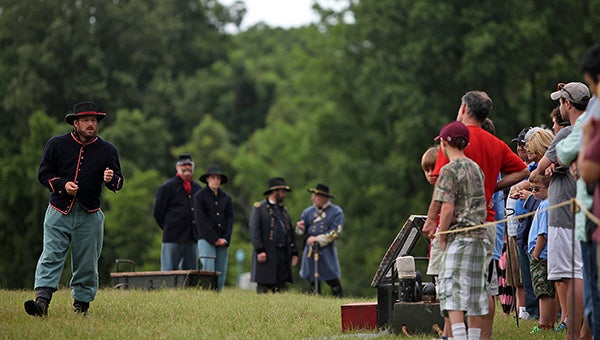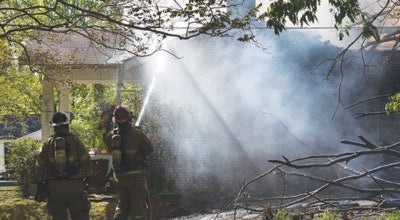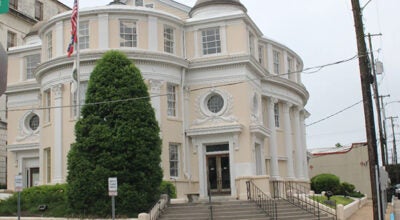VNMP marks Vicksburg’s surrender
Published 12:00 am Sunday, July 5, 2015

Park ranger Will Wilson speaks to visitors during a living history presentation Saturday at the Vicksburg National Military Park. (Justin Sellers/The Vicksburg Post)
The echo of cannon fire pealed through the valley at the base of Battery DeGolyer Saturday marking the 152nd anniversary of the surrender of the Gibraltar of the Confederacy.
Hundreds of people crowded around the cannons on display at what was the biggest Union battery during the 47-day Siege of Vicksburg in 1863 as the park paused to honor soldiers from both sides who fought over control of the city.
“These men were American soldiers and this battlefield was where American blood was spilled,” VNMP ranger Will Wilson said. “These places were established by the veterans themselves who wanted us to have them to came and reflect on their sacrifices.”
On July 4, 1863, Confederate Lt. Gen. John C. Pemberton surrendered his army of nearly 30,000 men to Union Maj. Gen Ulysses S. Grant. Grant had been trying to take the city through various means for months. The surrender effectively cut the Confederacy in two and lost 12 percent of the entirety of the Confederacy’s artillery.
“An entire army is taken off the chessboard of war,” Wilson said.
Visitors covered their ears as the blast of the single cannon echoed through the valley below the battery. The sounds were indeed almost deafening, but paled in comparison to what would have faced Vicksburg in 1863. In modern living history programs, rangers use about a pound of black powder without a projectile. During the siege 2.5 pounds of black powder was used for each shot.
“That would have increased the sound, as would the projectile,” Wilson said.
The 8th Battery of the Light Michigan Artillery, commanded by Capt. Samuel DeGolyer for whom the battery is named, fired 2,409 rounds from two 12-pounder Howitzers and four James rifles over the course of the siege. That’s more than two shots an hour for the duration of 47 days.
The constant artillery barrage played a major role in the union victory, while two direct attacks by Union forces in late May 1863 failed.
Cannon firing programs are set for each hour between 9 and 11 a.m. and 1 and 3 p.m. Sunday. Admission to the park is $8 per vehicle.





